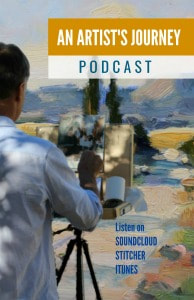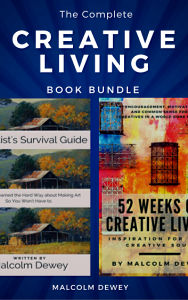|
There is a common trait in humans. It goes back to the early times of human development. That special quality that made humans evolve into what we are today. Your mobile device or laptop, your car and any other object you take for granted. All made possible by this critical trait. What is it you may ask?
Well if you have not guessed by now then bear with me a little longer. Because in this article I am going to share with you one of the most important insights we humans need to know.
The Turning Point
In his book, The Rational Optimist, How Prosperity Evolves, author Matt Ridley poses this question. Why did early hominids continue to use a hand ax made of stone for hundreds of thousands of years? Why was there no advance on this tool? Turns out there was no need to develop anything new. Boring but effective. Then one day something happened to another branch of hominid. Something magical. Somone flipped the switch that set early mankind into the fast lane. That event was the first trade of goods. When mankind began to exchange one valuable item for another valuable item. Suddenly there was a reason to come up with goods that others needed. Goods you could trade for something you wanted. Trade unleashed the forces of creativity. Creativity Unleashed In the blink of an eye, in relative terms, humans were sending men to the moon in rockets. And here we are communicating over the internet. Isn't creativity a miracle? It is creativity that accounts for everything we use and enjoy in our modern world. Alan Alda said "Be brave enough to live creatively." Our achievements over the past century would seem to suggest that we do that. As a species we have never had it so good. Not even in the fifties or sixties. The facts say we are at the top of our game and anything is possible. Yet so many of us still experience that massive killer of creativity. Fear.
Enter the Killer
Instead of boldness many of us are fearful. It seems that the hardwired protective instinct still keeps so many people trapped. If it is creativity that set us humans free then it is a real shame that many of us are afraid to create. But ask yourself why this should be. Should we not take to creativity like the proverbial duck to water? As a child you did not fear creativity. Children are learning machines and are fearless. Try everything and anything goes. Until the fears of adulthood get handed down. For many children the later experiences of embarassment and ridicule inhibit future development. Much of this pain continues into adulthood. Age Amplifies Fear I have seen this in art students who are afraid to try new things. It takes courage to take up art again. Many artists have put off their creative pursuits for careers and families. When these obligations run out they want to take up art again. No problem, right? This should be a time of creative joy rekindled. Instead you look at it as a risk. You do not want to look foolish. Oh nonsense others say. It is only painting. But to the artist it is years of ego that is at risk. Psyches are fragile and there is risk in exposing your art to others. This is especially true of those that painted well a few decades ago. Now the skills have faded and it is unsettling. You find yourself thinking up ways to minimise the risk. You try a few paintings. Or write a few chapters, whatever your craft may be. But the results are a shock. Can it be this difficult? Instead of a pretty painting to frame and display the artist has a flopped effort. Instead of forging on to clean off the rust the artist gives up. Or procrastinates only to forget about it later. Here is the truth. The more important it is to take up your creative pursuit, the harder it becomes to do so. Face Your Fear This is the work of fear. Fear will stop your creative happiness every time. Have you heard the saying that fear is figments of the imagination that appear real? The correct term is anxiety since this is an imaginary condition. But this is to downplay the power of the fear. How to combat this fear? If creative fear is imaginary then it must be easy to conquer? Not so. Look at it this way. Your creative instinct comes from your self. Your soul. But your fear comes from your ego. That outer layer that presents itself to the world. The ego must also protect itself at all costs. Your soul and your ego will oppose each other when your ego perceives a risk. Steven Pressfield covers this idea in his excellent book The War of Art. Pressfield calls this ego generated foe The Resistance. The resistance is a cold and powerful force that will fight your creativity at all costs. Remember that your ego is programmed to protect itself. Things can get ugly when the ego goes to war. What is The Risk of Giving Up? Some people do recognise the battle and can step back and observe. They see that the risk of giving up is more damaging than the risk of creating. They know it is hard, but they persevere. They write the book. Paint the painting. They do the work despite the fear, risk and doubts. They understand what is at stake. To create is to complete the work no matter what the art turns out to be in the end. So how do you reach the point where you take the plunge despite the fear? Here are a list of suggested methods.
So that is the way of the artist. Wonderful sweet agony. Welcome back - we missed you. How do you fight the good fight to finish your art? For your Pinterest Board: |
AuthorMalcolm Dewey: Artist. Country: South Africa Archives
June 2024
Categories
All
FREE
|
|

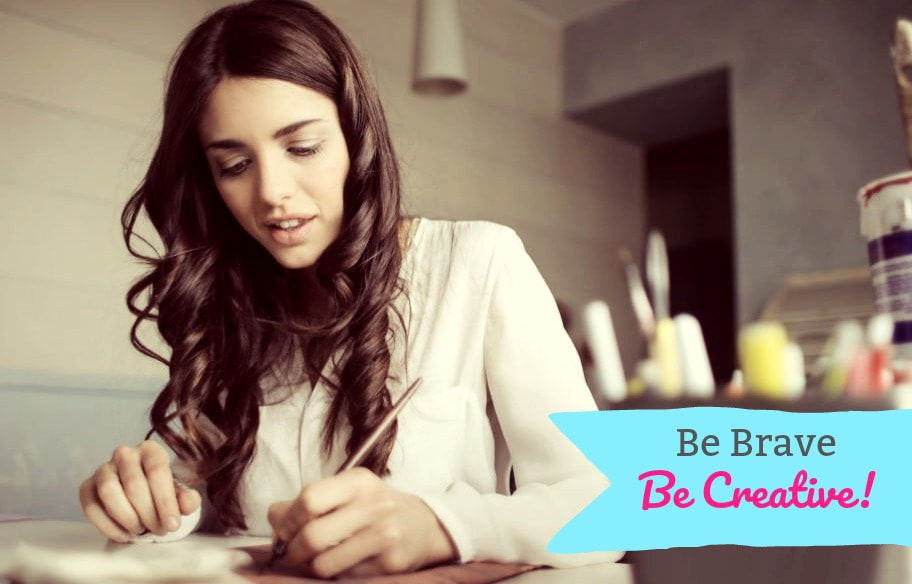
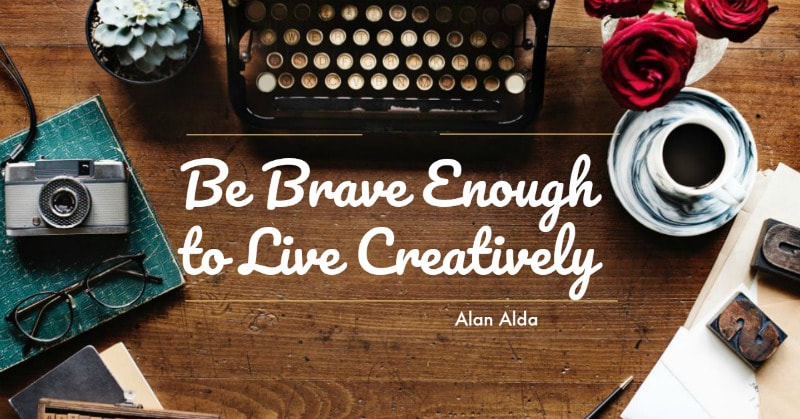
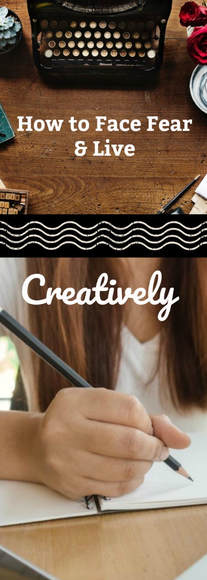
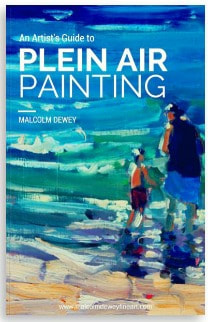
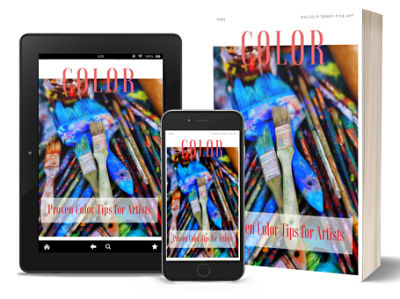
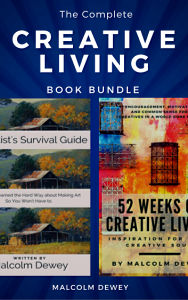
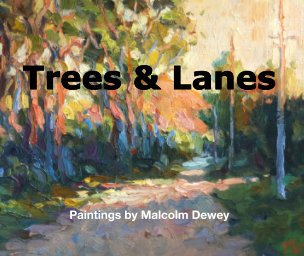


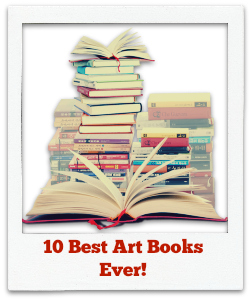

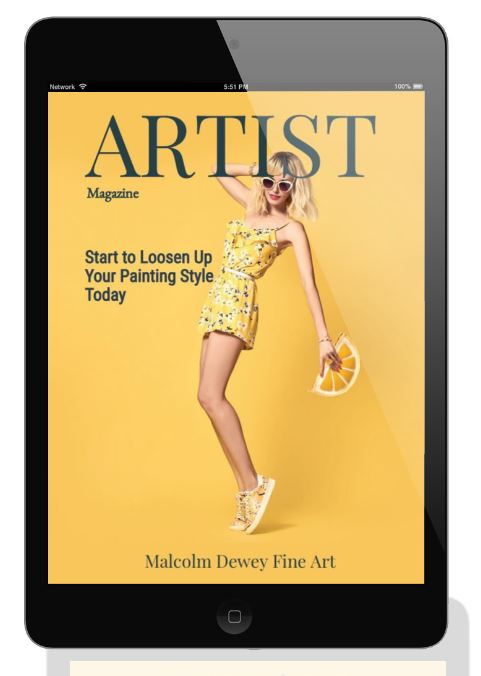
 RSS Feed
RSS Feed
